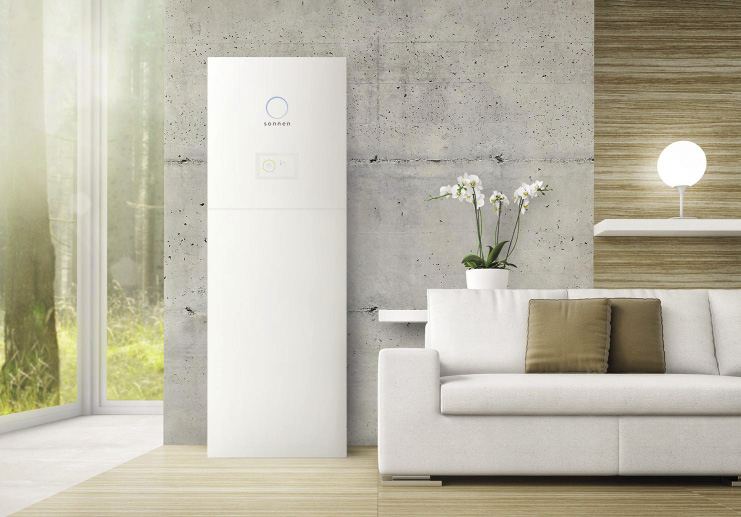From ESS News
While more than 25% of the rooftops in the Netherlands have solar panels, accounting for the lion’s share of the country’s 20 GW-plus solar fleet, the rollout of residential battery energy storage systems has been lagging behind.
One of the reasons behind this is the country’s net-metering scheme, which awards injecting self-generated solar energy into the grid, discouraging prosumers from aligning their generation and consumption. As decided by the Dutch parliament earlier this year, after a year of discussions and negotiations, the scheme will be maintained by the end of 2026.
Nonetheless, according to Dutch utility Eneco, more and more people are opting for a home battery to store their own solar energy during the day and use it in the evening, which in turn creates opportunities to relieve the power grid.
To this end, Eneco has partnered with local energy storage manufacturer Charged to trial the use of power from home batteries under fixed or variable electricity contracts. The trial is expected to contribute to the stability of the power grid and provide the customer with a financial benefit.
Namely, until now, only consumers with a dynamic electricity contract could use the battery to relieve the stress on the power grid. This trial will also allow consumers with a fixed or variable contract to do so. This also makes it possible for them to claim a VAT refund on the purchase price of the battery, making the investment more appealing.
To continue reading, please visit our new ESS News website.
This content is protected by copyright and may not be reused. If you want to cooperate with us and would like to reuse some of our content, please contact: editors@pv-magazine.com.




By submitting this form you agree to pv magazine using your data for the purposes of publishing your comment.
Your personal data will only be disclosed or otherwise transmitted to third parties for the purposes of spam filtering or if this is necessary for technical maintenance of the website. Any other transfer to third parties will not take place unless this is justified on the basis of applicable data protection regulations or if pv magazine is legally obliged to do so.
You may revoke this consent at any time with effect for the future, in which case your personal data will be deleted immediately. Otherwise, your data will be deleted if pv magazine has processed your request or the purpose of data storage is fulfilled.
Further information on data privacy can be found in our Data Protection Policy.